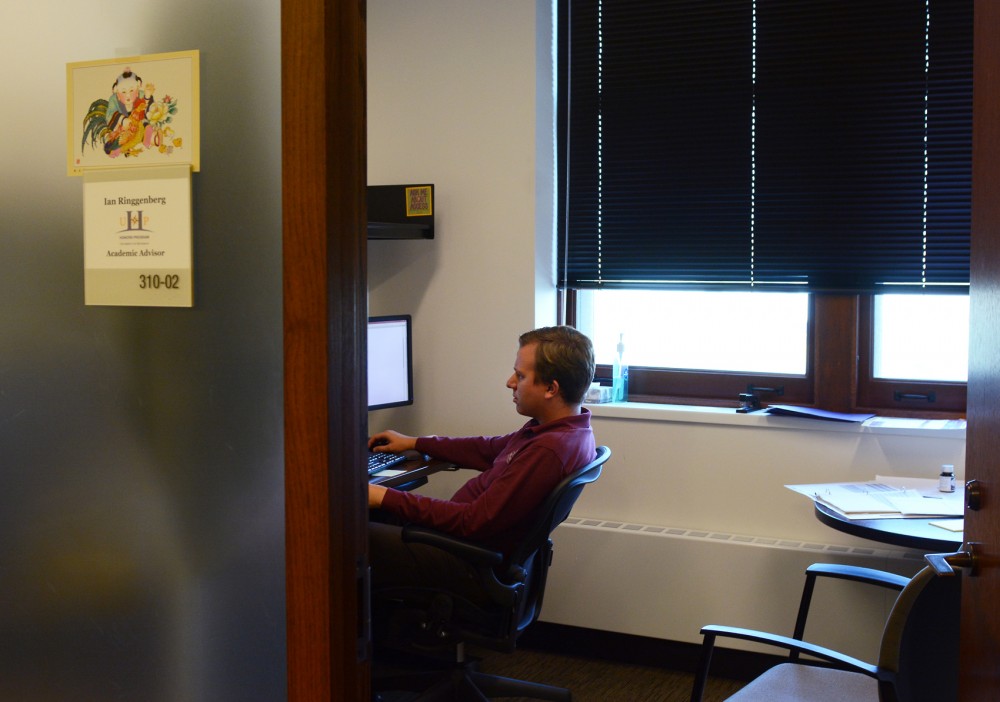White-collar workers at the University of Minnesota may soon get more overtime protections from federal labor laws.
In July, the U.S. Department of Labor announced changes to the Fair Labor Standards Act that would increase the maximum salary to receive overtime pay and be subject to minimum wage laws. Experts said the proposal could result in the University hiring more staff or cutting benefits.
The proposal finished a 60-day comment period early this month to invite criticism and suggestions. During that time, it received nearly 290,000 comments.
Under the proposed change, which would take effect in about one year, workers who earn up to $50,440 annually by 2016 will be subject to minimum wage and overtime laws. This is up from the current limit of $23,660.
Protections would be updated to cover full-time, salaried workers who fall in the 40th percentile of weekly earnings. Overtime regulations for white-collar workers were last updated in 2004.
In a letter sent to University leaders, Vice President for Human Resources Kathy Brown said the University would need to make changes like allocating work differently, hiring additional staff or paying overtime to workers who work more than 40 hours each week.
“All civil service and [professional and administrative] employees who are currently exempt and make less than $50,440 at the University would be eligible for overtime for hours worked over 40 hours per week,” Brown said in the letter.
Alan Benson, an assistant professor in the Department of Work and Organizations, said University wages already close to the $50,440 limit could possibly be increased, which would exempt them from the new standards.
Ian Ringgenberg, an honors advisor whose job class would be affected by the proposal, said he is unsure where the University will make its changes, but he said he believes the new rule would be in the best interest of the affected staff.
Reducing employee benefits could save employers money, but it would reduce the value of overall employment packages, Benson said.
Aaron Sojourner, an assistant professor in the Department of Work and Organizations, said the original fair labor law was meant to keep employees from being forced to work unreasonably long hours.
Past research has shown that minimum wage increases have not resulted in lower employment or reduction of job opportunities, Benson said. But because salaried workers aren’t usually the target of minimum wage changes, little research exists that would make it easier to predict what might happen going forward, he said.
The proposed changes would likely necessitate white-collar workers logging their hours to monitor their overtime work, Ringgenberg said.
He said he thinks he would become accostumed to the change after a while, and he would probably need to have more regular work weeks, instead of having some that are light and others that are heavy.
“I would have to even out some of the peaks and valleys,” he said.


